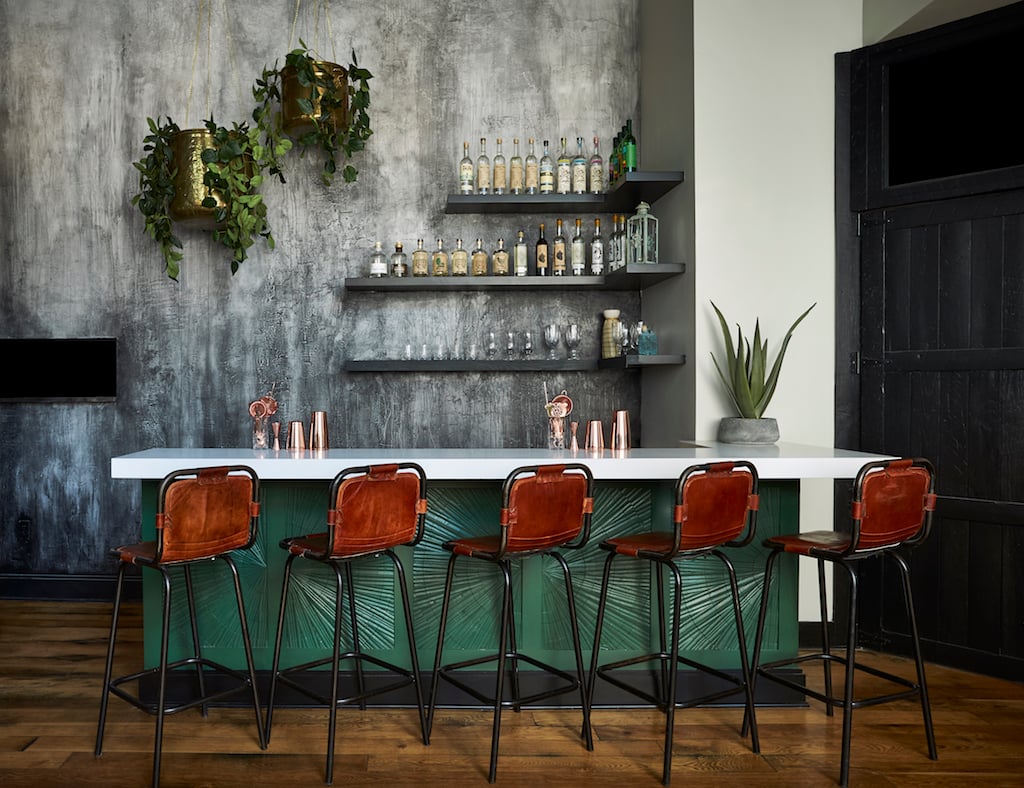Restaurants are commercial entities, but they’re also intensely personal. Some, you become so close to that it feels like family. Thus, during this year of so many sad closures, everyone’s list of the places they miss the most will be different. Here’s mine.
Breadline
The Washingtonian offices were about a ten minute walk to this bakery/sandwich/salad spot, which was founded by Mark Furstenberg in 1997. The bread master sold it long ago, but the blueprint remained and it was always jam-packed. And there was something so uplifting about getting a freshly fried fish sandwich or a prosciutto flatbread for a desk lunch, instead of a boring Cobb. Not surprisingly, as downtown has cleared out, it’s closed for “the foreseeable future.”

Dolcezza
In 2004, Violeta and Robb Duncan opened a super-seasonal gelato shop in Georgetown. More than a decade and a half later, it had flourished into a bunch of lovely little cafes with gelato and sorbet in flavors like mascarpone-and-berries and Campari/grapefruit, plus meticulously made coffee. Now, five of its nine locations are closed or will close. Among them are the Dupont store, which was a laptop-worker’s dream. The younger Logan shop had quickly evolved into a neighborhood gathering place. And the location in Bethesda, the local capitol of pricey frozen treats, will shutter after the holidays. Still, a couple of the cafes still exist, and you can also find their pints at Whole Foods.
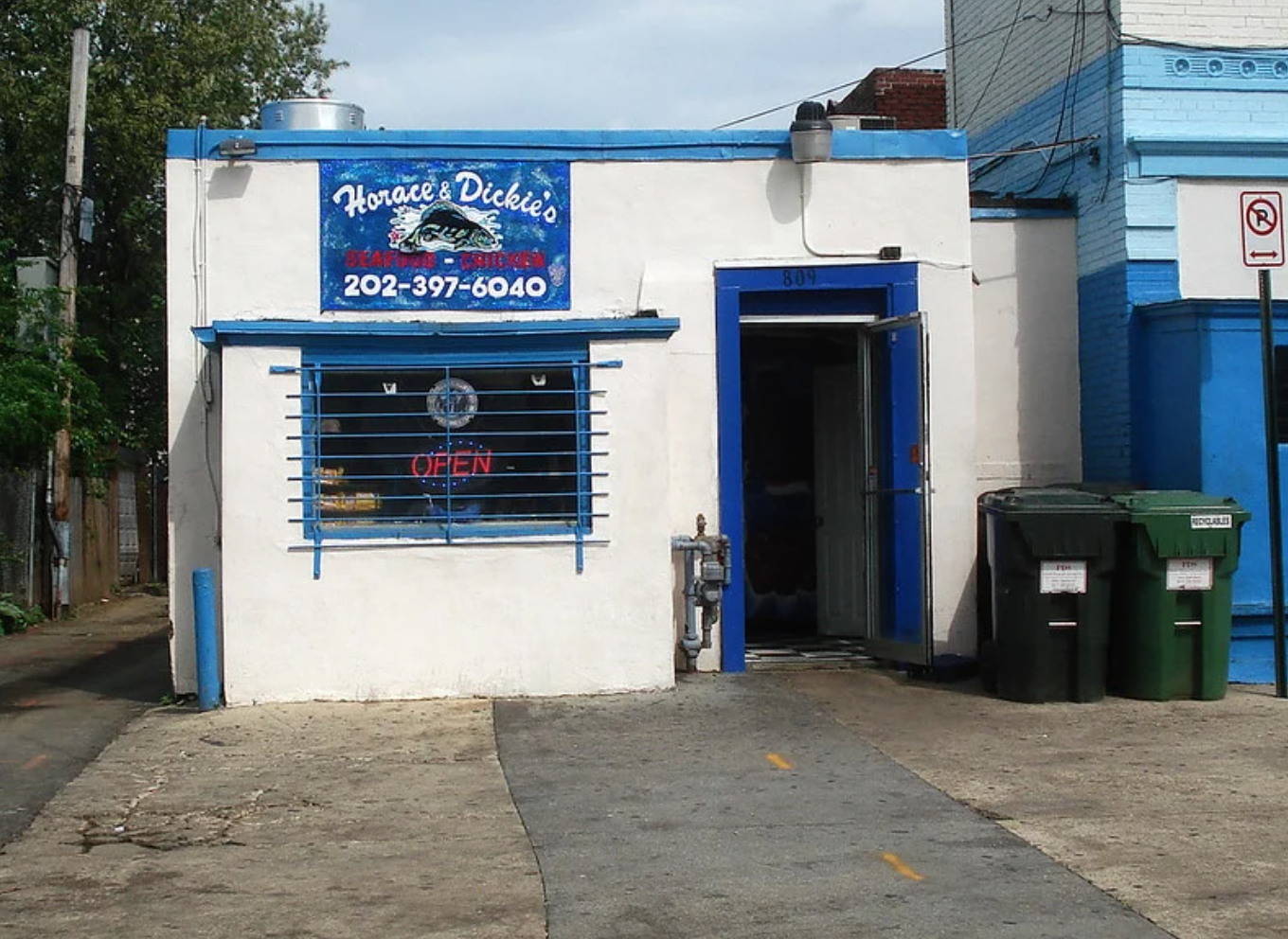
Horace & Dickie’s
This is a city that doesn’t have many iconic dishes, but the cornmeal-fried whiting sandwich at this tiny H Street joint counted as one of them. It wasn’t the pandemic that did in the 30 year-old spot—it was the neighborhood’s gentrification. Owner Richard Shannon (aka Dickie) shut the place down March 1. Aside from a sense of place, all is not totally lost: Shannon’s daughter has opened a location in Takoma, there’s another branch in Suitland, and there are franchises in Glenarden and Waldorf plus a food truck.

Johnny’s Half Shell
Johnny’s—with longtime chef Ann Cashion in the kitchen and effervescent John Fulchino as host—had its ups and downs over the span of two decades. It had moved from a character-filled Dupont Circle space to a cavernous room on Capitol Hill, where it became more happy hour spot than culinary destination. But it had resettled into a perfect place—taking over the former home of Cashion’s original Adams Morgan restaurant, Cashion’s Eat Place. I can remember my first meal at the Dupont Johnny’s, in 1999, the year it opened. The barbecue shrimp and the bouncy chocolate angel-food cake with caramel sauce. Dishes I had back then were still on the menu 21 years later. Truth be told, it was easy to take Johnny’s for granted—it just felt like it’d always be around, like a security blanket—which made its closure in late October that more jarring. Sadly, the duo have also shuttered another neighborhood fixture, Taqueria Nacional in Logan Circle (a Mount Pleasant outpost remains open).

Kith and Kin
Kwame Onwuachi’s Wharf restaurant was most notable when it opened in 2017 for the hole it filled. Afro-Caribbean cuisine exists here, but it isn’t all that common, and the kitchen’s refined versions of goat roti and jerk chicken made the place an immediate standout. By the time Onwuachi left this July, he’d established himself as one of the area’s—maybe even the country’s—most important culinary voices, both in the kitchen and on the page (if you haven’t read his excellent memoir, Notes From a Young Black Chef, I recommend it). It was impossible to imagine the restaurant without him, and we didn’t have to. In late October it turned into Moon Rabbit, helmed by former Emilie’s chef Kevin Tien (yesterday, that restaurant announced a winter hibernation). No word on what’s next for Onwuachi, besides the fact that he’ll be a judge on the next season of Top Chef.
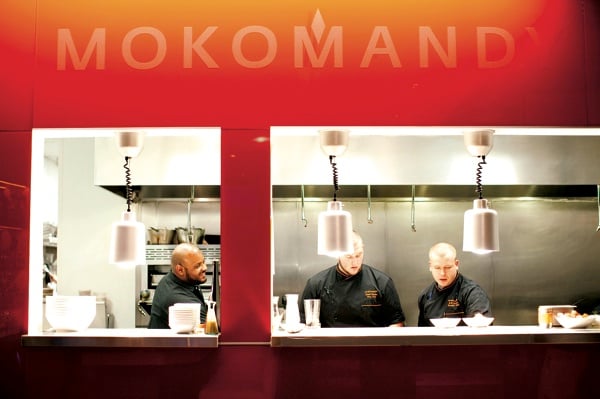
Mokomandy
We’d long loved Thaddeus Kim’s quirky Sterling spot, with a menu that swung from Korean to Cajun (the two cuisines existed side by side, but didn’t necessarily overlap). There were sazeracs and soju, octopus-and-pork-belly skewers and jambalaya. And there was nothing else like it in the area. Sadly, it was one of the pandemic’s early restaurant casualties; it closed in May.
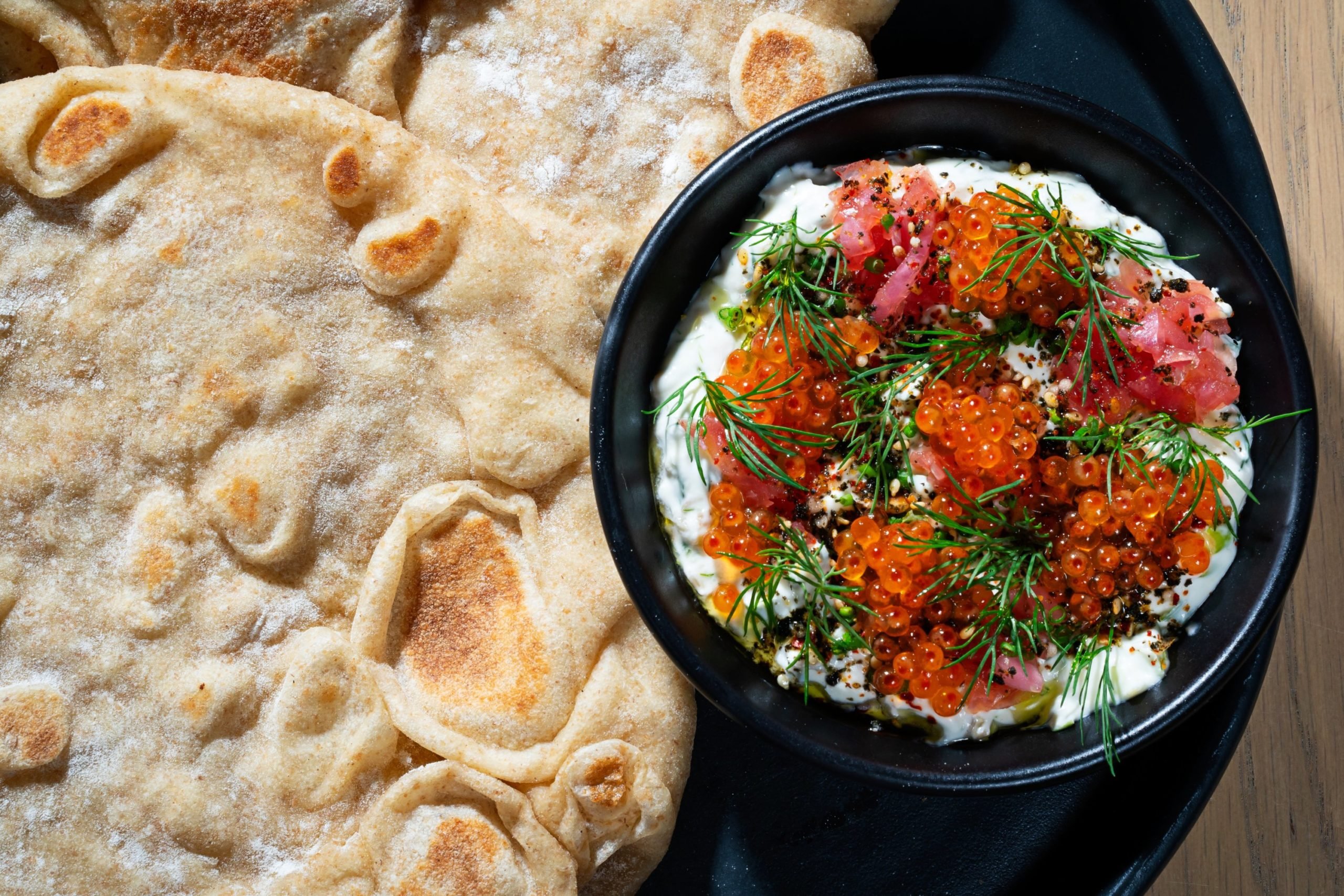
Momofuku CCDC
During its first few years, Northern Virginia native David Chang’s DC satellite felt like it was on autopilot, churning out the proven hits Chang was famous for (ramen, pork buns) and not much else of note. Then, suddenly, at the beginning of 2019, it turned around. All credit goes to up-and-comer Tae Strain, who quickly proved his talent and made Momofuku—finally—a seriously exciting place to eat. Strain moved on before Momofuku closed in May (it was one of two national closures for Chang’s restaurant group), but some of his mid-Atlantic-meets-pan-Asian hits had hung around after he left like an excellent bing bread with trout dip.
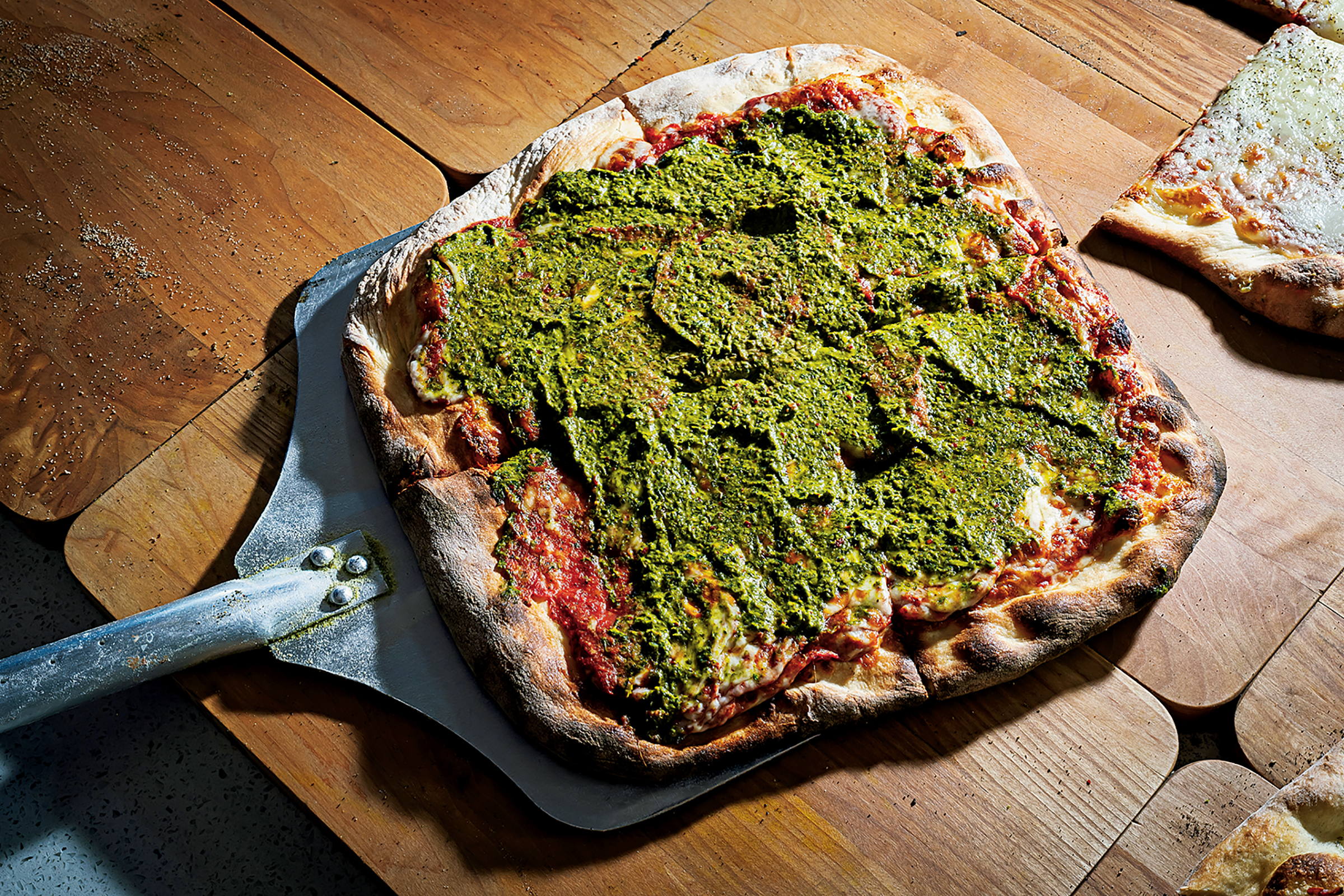
Pendleton Carryout
This tiny Old Town storefront functioned as a pop-up space for upstart food businesses. On any given day you could find pork dumplings or Roman-style pizza or a rainbow-battered cake built for a case of munchies. The mix didn’t always work, but the crunchy squares of pizza sure did, and they were one of the place’s only constants. And it was always fun to see what’d show up behind the counter next. One bit of good news: its replacement, Chewish Deli, slings a mean Reuben.
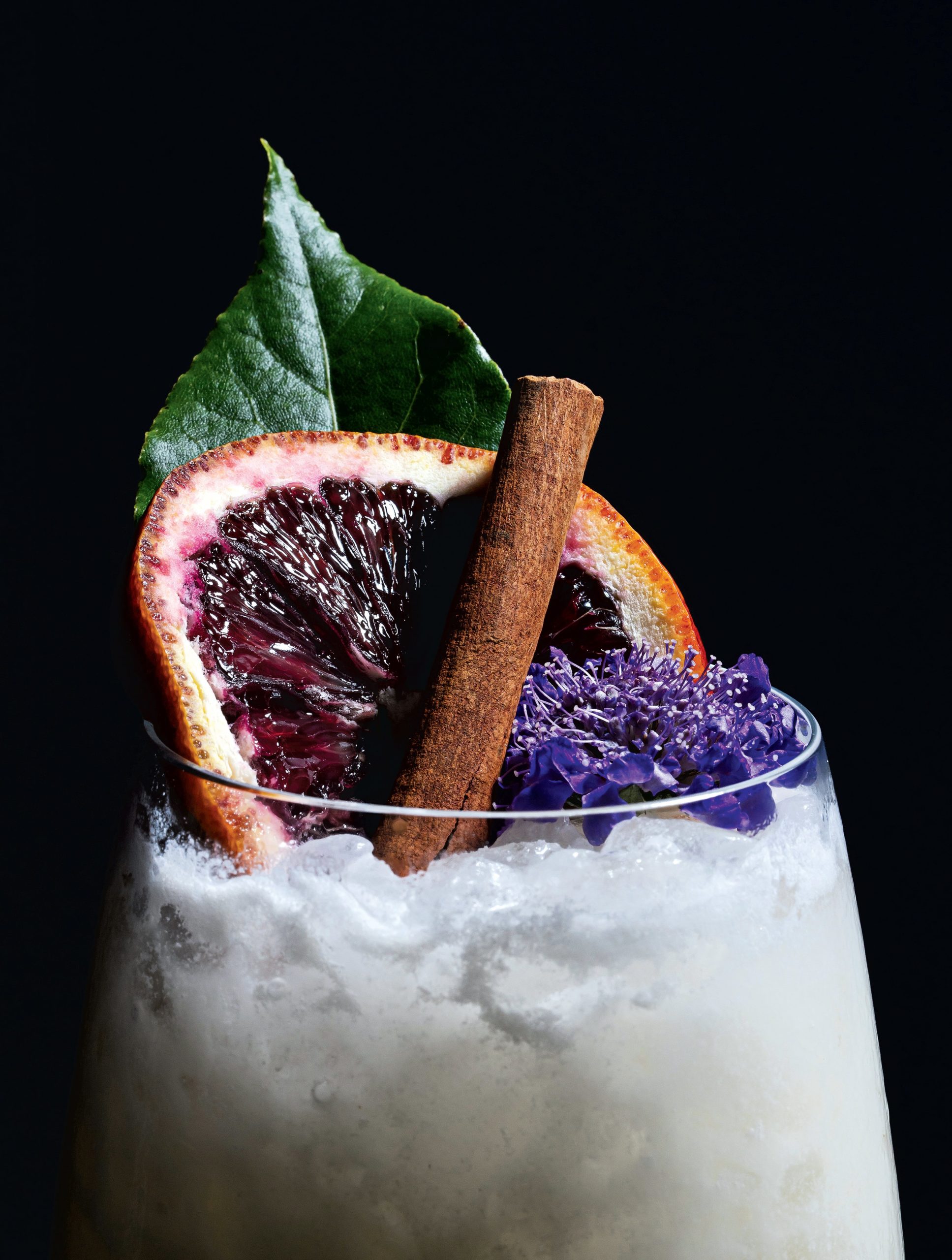
Poca Madre
Penn Quarter’s restaurant scene has been gutted during the pandemic, and the neighborhood’s biggest loss is Victor Albisu’s modern Mexican restaurant (we named it the #6 restaurant in the city in this year’s 100 Best Restaurants issue). While I very much appreciate Albisu’s menu at his string of Taco Bambas in Virginia, I’m really hoping the chef will make an official comeback in the fine(ish) dining realm, too. For now, he and chefs Faiz Ally and Greg Lucero are doing high-end dinner kits out of the Vienna location of his taqueria.
And one closure that we hope isn’t permanent:
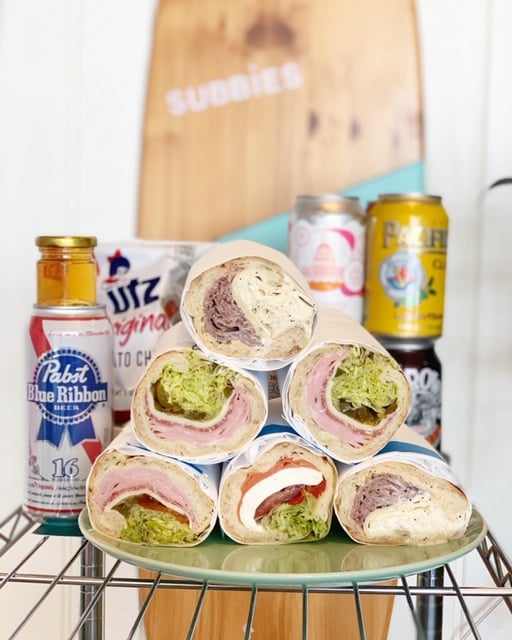
The Coconut Club/Subbies
One of the wonders when the pandemic began was watching the restaurant industry prove its resilience. Business plans changed overnight. Menus were torn up to make room for carryout-friendly items. There are many, many restaurant folks who acted swiftly and creatively. But the one that sticks out to me is Adam Greenberg, the chef/owner of Coconut Club near Union Market. Within days of the March lockdown, his island-themed restaurant became a grocery store. There were DIY lobster roll kits and big-batch cocktails and workaday things like toilet paper and vegetables. Soon after, he launched the excellent sandwich pop-up Subbies, an homage to the Connecticut grinders he grew up on in West Hartford. Greenberg closed both the operations in October—hopefully just through the winter.

